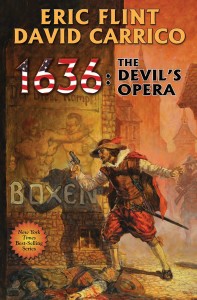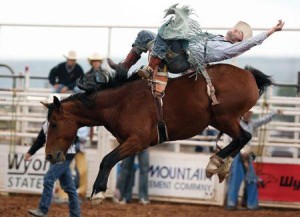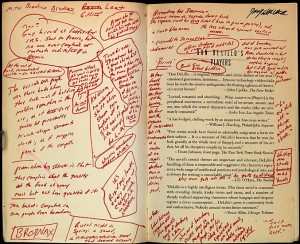What are the ways writers get noticed? Good hair, great covers, blind luck? Of course, there’s more to it than that and our posts this month were excellent at showing us the best ways to get our works noticed by the readers who will love them. In the end, I think our writers would all agree that it comes down to good business, good tools, good behavior, and good writing. Let’s look at a quick recap.
Business:
Guy Anthony De Marco started the month by talking conventions, the opportunity small conventions can provide for writers and the ways in which we can expand our reach to larger conventions in a larger geographic area. Travis D. Heerman echoed Guy’s views by helping us learn how to sell by loving what we do. Everywhere we go, we need to be prepared to find that Reader Zero. Scott Eder reminded us to always have business cards with us, even if we’re just going to the grocery store. Guests Doug Dandrige and Sean Golden gave overviews of what they think helps a self-published writer get noticed including Amazon giveaways, social media and reviews. Guest Petra Klarbrunn talked about reviews in more depth, their importance and some ways to encourage our readers to take the time for them. Last, but not least, we have Evan Braun getting noticed through our own Fictorians site as he shared his release of the third and final volume of his The Watchers Chronicle, The Law of Radiance. Sounds like a great book that I can’t wait to read.
Tools:
I was impressed with some of the tools mentioned by our contributors this month that can help us reach our target audience. Guest Katie J. Cross gave us a detailed how-to of putting together a local book tour. She inspired me to get my own tour together which resulted in two more book signings and a writing workshop in addition to my library book festival that to which I’d already been invited. Of course, local is all well and good, but getting noticed worldwide is even better. Guest Mark Leslie Lefebvre gave us inside information about getting noticed on Kobo, including new tools that are coming available to assist authors. With the increasing rise of audio books, Guest Terry Odell’s step-by-step guide is an invaluable resource that I will be referring to soon as I prepare for that next step in my publishing endeavors. Another great source of sales, whether we agree with their platform or not, is Goodreads. Frank Morin shared a great post on how to do a Goodreads Giveaway.
Behavior:
Mary Pletsch, Guest John D. Payne, Gregory Little, Nathan Barra, Ace Jordyn, David Carrico and Guest K.J. Russell would all agree that acting with kindness, relaxing a little, and making friends is one of the most important aspects of a writing career. By making friends with fellow writers, Mary enjoyed much success she hadn’t even looked for. John talked about having an attitude of success. Gregory reminds us to enjoy people without worrying over advantages while guest K.J. Russell tells us we will be the most successful when we make it our business to help others succeed. The best can happen if we find our interests, share with others, and enjoy what we do and David Carrico is a great example of that . If you haven’t read his 1632 books, you should. I loved Nathan’s post title, The Extroverted Introvert, reminding us to swallow our fear and put ourselves out there a bit. All in all, the most important advice on behavior that I found was from Ace; when things don’t go as expected, laugh it off, let others laugh with you, find the humor and just keep going.
Writing:
In the end, none of this is going to matter unless you write an intriguing story. I loved Matt Jones’ unexpected advice to get involved with hobbies and activities of interest. By doing so, we have experiences to share with our readers and to draw upon with our writing. Kristin Luna reminded us to let our writing style shine, making us identifiable to readers and always unique. Drawing on a presentation by Kevin J. Anderson at the Superstars Seminar, Jace Killan used the metaphors of Rodeos and Popcorn to remind us that perseverence and a continuous output of product will keep us sharp and multiply our opportunities. And the last post of the month (besides this one) sums it all up. Good Writing Gets Noticed, by Kim May. After all, none of the above works unless we hone our skills.
I hope you’ve enjoyed this month’s posts as much as I have. I know I’ve learned a lot that I will be applying in the weeks and months to come. Some of it I’d heard before, some of it was old, but all of the advice is absolutely valuable.







